
info@lrfpk.org
Call Us
+92-21-35388695

info@lrfpk.org
+92-21-35388695
Access to justice is a basic principle of the rule of law. In the absence of access to justice, people are unable to have their voice heard, exercise their rights, challenge discrimination or hold decision-makers accountable. The UN Declaration of the High-level Meeting on the Rule of Law emphasizes the right of equal access to justice for all, including members of vulnerable groups, and reaffirmed the commitment of Member States to taking all necessary steps to provide fair, transparent, effective, non-discriminatory and accountable services that promote access to justice for all [para. 14 and 15]. United Nations activities in support of Member States’ efforts to ensure access to justice are a core component of the work in the area of rule of law.
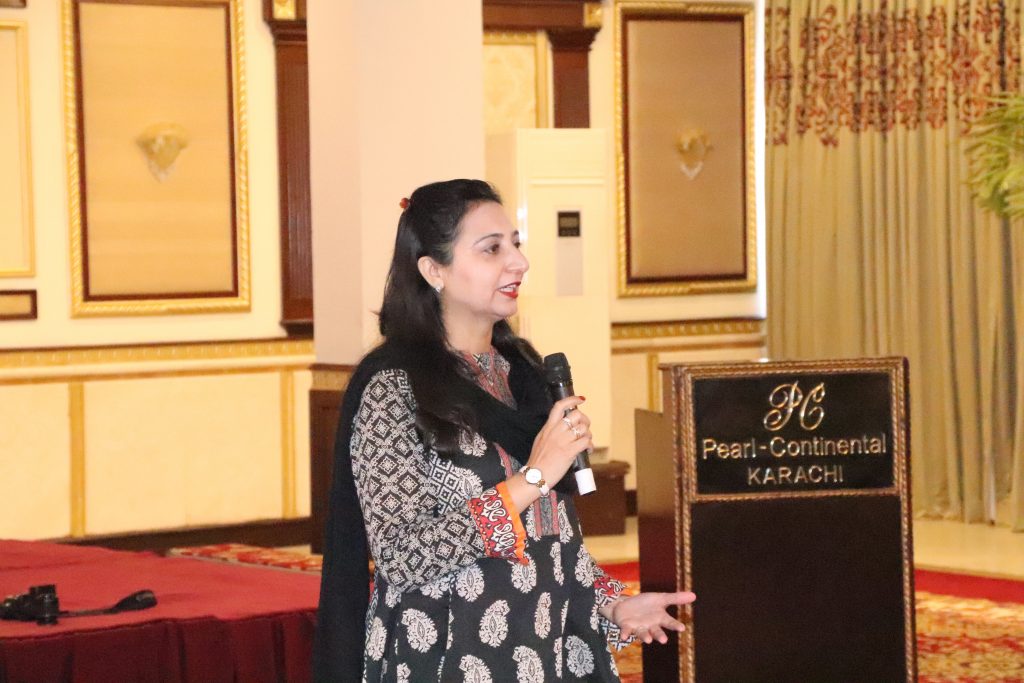
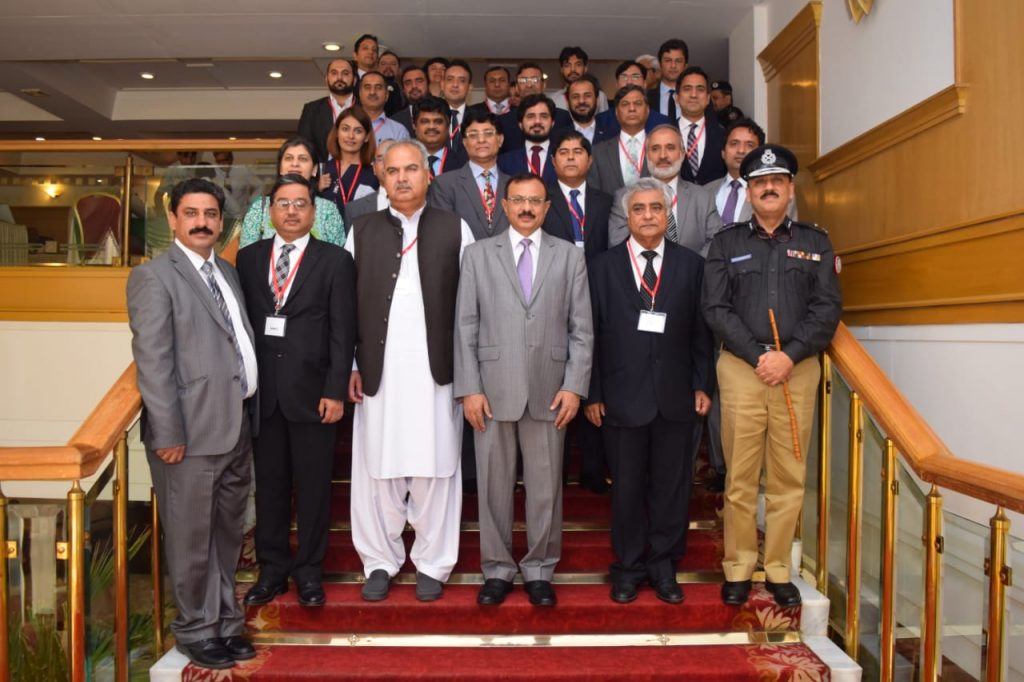
Access to justice is a fundamental right in Pakistan. Article 10(a) of the Constitution of the Islamic Republic of Pakistan, 1973 guarantees the ‘Right to Fair Trial’ as a fundamental right. ‘Equality before the law’ is another fundamental right guaranteed by Article 25 of the Constitution. The crisis of lack of access to justice in Pakistan is worsening at the moment and a large section of the population is unable to access the formal legal system mainly for want of financial resources and a general lack of awareness of the law and legal rights. Although the State recognizes the need and importance of legal aid to ensure access to justice for the needy, by incorporating provisions of legal assistance in some laws and rules, a lot more needs to be done
The LRF’s Access to Justice Program aims at supporting efficient, responsive, accessible, free and fair justice system in Pakistan as a pillar of democratic governance since 2007. The program aims at strengthening and promoting equal access to justice and improving criminal justice system of Pakistan. The LRF program approaches are well aligned with Pakistan’s Vision 2025 and ultimately contributing to achieving Sustainable Development Goal 16 peace, justice and strong institutions. LRF is strengthening prosecution, judiciary, bar councils/association and providing legal aid to the poor and marginalized groups; and parliamentary oversight; and empowering the poor and marginalized people to seek response and remedies from injustice. LRF is improving and providing legal awareness, legal aid, public interest litigation, psycho-social support, rehabilitation, reintegration, counseling to prisoners focusing women, children and marginalized communities (victims of gender base violence, labour workers, persons with disabilities, transgender, minorities and senior citizen).

LRF in collaboration with civil society is addressing challenges in justice sector such as inhuman prison conditions/judicial lockup, lengthy pre-trial detention, illegal detention, long trials, impunity for perpetrators of sexual and gender-based violence and strengthening linkages between formal and informal justice system.
LRF currently focuses on capacity building on supply and demand side of justice stakeholders. LRF has also been providing legal awareness, legal aid and legal assistance, psycho social support, counseling to women, children (and victim of gender base violence), labor workers, persons with disabilities, minorities and transgender. LRF has also established District Legal Aid Centers (DLACs) in 05 districts in Sindh including Karachi, Hyderabad, Thatta, Sukkur and Jacobabad and 02 in Punjab including Lodhran and Muzaffargarh.
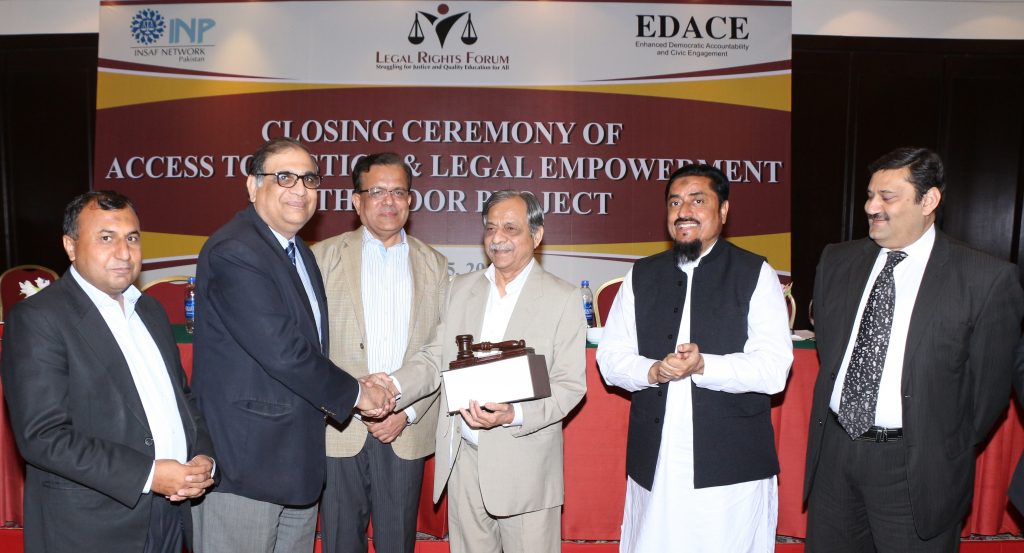
The LRF fellow advocates, panel of lawyers and interns have represented the survivors of abuses including GBV victims, under trials prisoners, juveniles, persons with disabilities, minorities and transgender in the lower court cases.
The LRF Youth Peace Ambassadors, Community Paralegal Experts and Psychologists have provided basic legal advice and psycho-social counseling in a number of cases. LRF team have also been responsible for referring the survivor of violence to the relevant institutions. These activities substantially strengthened the demand for promoting the rule of law and equal access to justice at the grass roots level.


LRF has developed Standard Operating Procedures (SOPs) of District Legal Empowerment Committees (DLECs) to ensure inexpensive and expeditious justice to all poor and marginalized communities. These SOPs were developed with the collaboration of Sindh High Court, Sindh Judicial Academy.
LRF, in collaboration with High Court of Sindh and Sindh Judicial Academy, organized a 02-days Orientation and Capacity Building Workshop on above mentioned developed SOPs of DLECs in order to help provide legal aid to the poor and marginalized victims across Sindh. In this workshop, 28 District and Session Judges were oriented and sensitized on SOPs of the DLECs.
LRF, with the support of Sindh Bar Council, Karachi Bar Association and Malir Bar Association, has organized 02 Orientation and Capacity Building Workshops in Karachi and Malir Bar Association on developed SOPs of DLECs for providing free legal aid to the poor and marginalized communities. In both workshops, 52 Lawyers were oriented and sensitized on SOPs and Rules of DLECs.
LRF, with the support of Prosecutor General Office Sindh and Criminal Prosecution Services Office Sindh, has organized 01 orientation and capacity building workshop in Karachi on developed SOPs of DLECs for providing free legal aid to the poor and marginalized communities. In this workshop, 22 Prosecutors were oriented and sensitized on SOPs and Rules of DLECs.
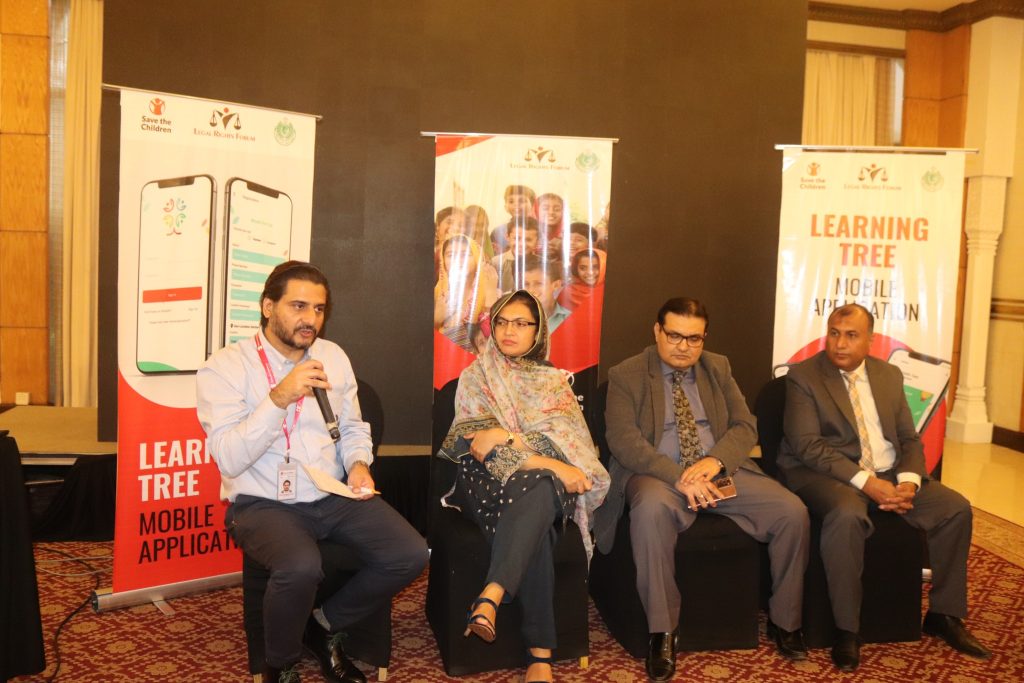
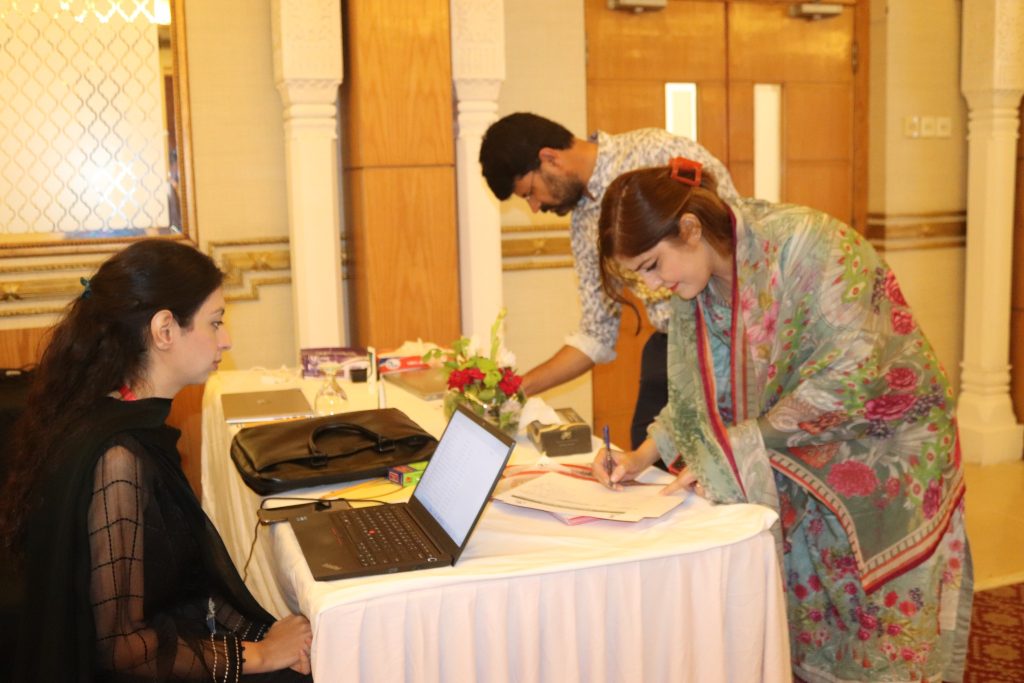
LRF organized an Awareness Campaign in Sindh on the subject of DLECs. The overall objective of activity was to raise awareness among civil society organizations regarding DLEC’s structure and functions at the district level. During the awareness raising session on DLECs, 12 heads of NGOs and 12 active members of civil society participated and promised their support in sensitizing local civil society organizations regarding their role in the activation of DLECs and promotion of DLECs at community level to ensure access of vulnerable families and women victims to attain free legal aid.
LRF, with the collaboration of INP, organized a coordination meeting on February 8, 2016 in Karachi with the newly elected representatives of Pakistan Bar Council, Sindh Bar Council and newly inducted or previous representatives of Karachi Bar Association for the sustainability of DLECs and Bar’s Free Legal Aid Committee in Sindh. The main purpose of the coordination meeting was to share importance of the DLECs as a sustainable legal aid mechanism and taking their support for further activation of DLECs and also to develop recommendations by stakeholder legal experts from the field of law as a way forward to strengthen and improving Access to Justice in Pakistan
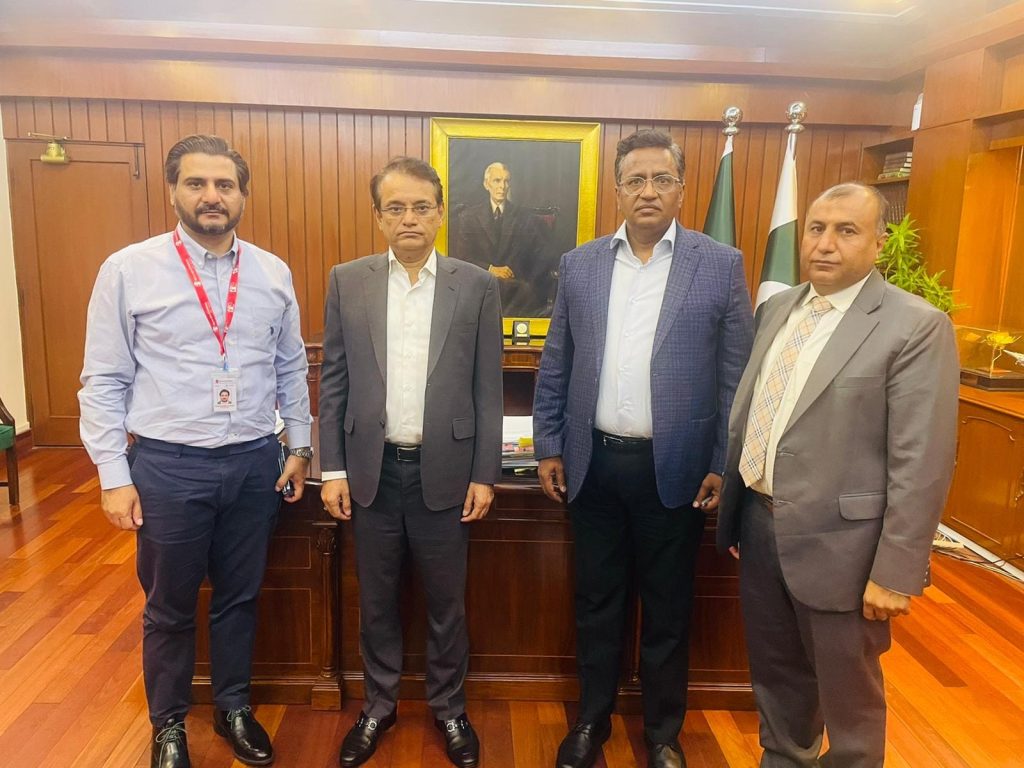
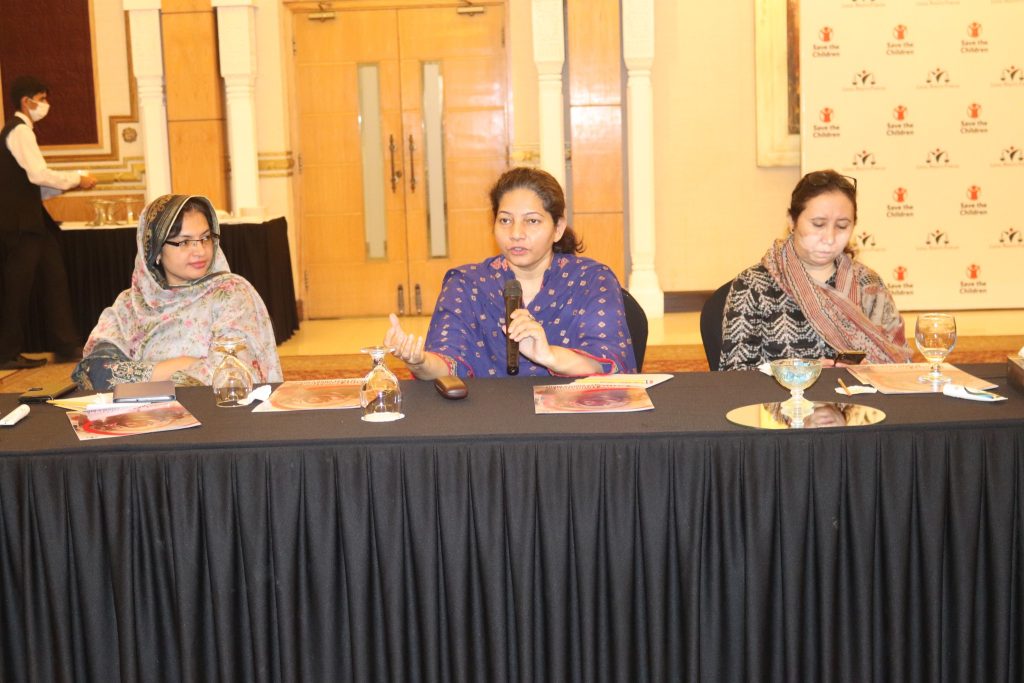
LRF, in collaboration with INP under the Legal Empowerment of the Poor Project established a Stakeholder’s Coordination Forum for sustainability of DLECs and Bar Council/Bar Associations Legal Aid Committee. A Forum’s coordination meeting was organized with CSOs on February 12, 2016 at Karachi. The main purpose of the coordination meeting was to sharing importance of the DLECs as sustainable legal aid mechanism and taking their support for further activation of DLECs and also to develop recommendations by stakeholders from the rights based civil society form Karachi as a way forward to strengthen and improving Access to Justice in Pakistan. It was participatory and inclusive in a way and it discussed on why DLECs and Bar Council and Bar Association Free Legal Aid Committee will provide free legal aid to the poor and deserving litigants.
LRF established Justice Coordination Forum consisting on 15 Rights based organization in Karachi. All the 15 organization representatives participated and showed their interest for working in this forum. They all showed their commitment to work together for their rights.
LRF, through DLACs organized 16 Mobile Legal Aid and Legal Awareness Clinics at Karachi, Hyderabad, Thatta, Umerkot and Mithi (Tharparkar) in Sindh. These Clinics were focused on Women and Children Rights. In these Clinics 361 poor and marginalized communities were participated in which 127 men and 234 women were awarded on women and children rights. It also enhanced their basic knowledge about their rights.


LRF founded two separate “District Justice Forum” in Karachi and Hyderabad based on local 38 rights-based organizations focusing in support and assistance to the Victims of GBV, Persons with Disabilities, Transgender and Minorities. These District Justice Forums will facilitate advocacy campaign broadly involving stakeholders on the relevant policy issues in laws pertaining to Women, Children, GBV, PWDs, Transgender and Minorities. The Forums aims at development of linkages with relevant stakeholders at Karachi and Hyderabad level.
31-C, Mezzanine Floor, Old Sunset Boulevard, Phase-II, DHA, Karachi.